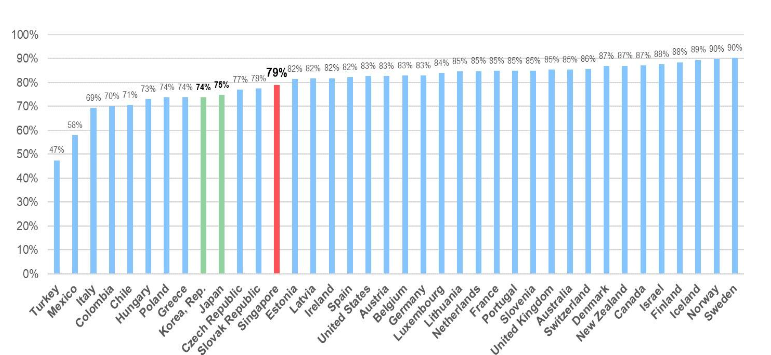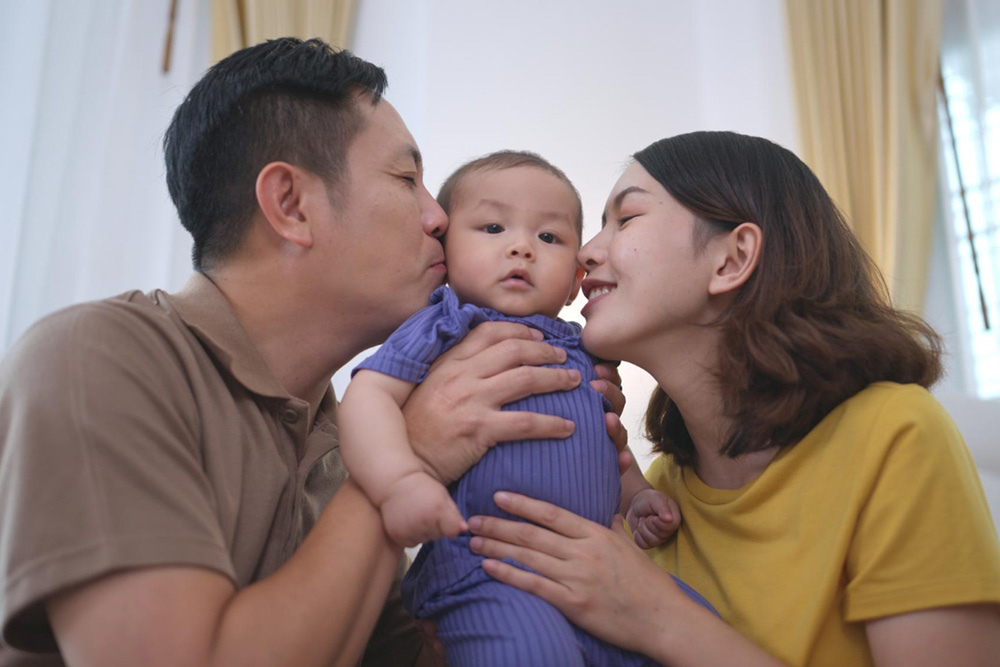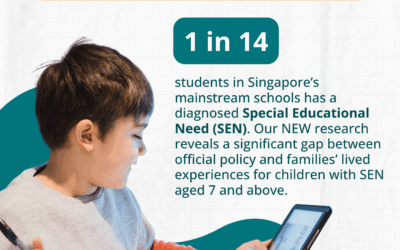Earlier this year, Singapore’s resident total fertility rate (TFR) made the news, having fallen below 1 child per woman for the first time in 2023, to 0.97. There is general recognition that the government’s measures to slow this decline, from more accessible childcare to increased paternity leave and encouraging flexible work arrangements, while helpful and very much welcome, have not been sufficient.
EveryChild.SG, a parent-led awareness group for children’s issues, believes our high pressure primary school system is a culprit, sucking out joy from both childhood and parenthood. We would like to propose, as an urgent ‘Plan A’, a serious reform of the primary school education system.
Parenting is a complex undertaking in any country, but doing so in Singapore comes with an additional layer of stress and anxiety associated with the education system, from very early on in a child’s life, that is absent in most other developed countries. Put simply, both childhood and parenting are not as enjoyable as they should be, or arguably once were, in a country as rich as ours.
Kalpana Vignehsa from the Institute of Policy Studies captured the sentiment well in her commentary in CNA on 1 March: “Must It Feel Like A Dogfight? People used to have children as a means to reduce uncertainty; now, they remain child-free to achieve that same end. As an ethnographer, I have talked to many young Singaporeans about parenthood. There is a broad perception amongst those with and without children that parenting in Singapore is riddled with anxiety.”
Why Does It Feel Like A Dogfight?
It is no secret that the existence of PSLE as a sorting mechanism for secondary school placement creates an intense competitive pressure for parents, teachers and students, that flows backwards, sometimes as far back as preschool. While all students eventually have to face a compulsory one-off, high-stakes exam like the PSLE, this usually happens between the ages of 15 to 18. Singapore is the only developed country, and indeed the only country among all those that do well in education, where this occurs at the young age of 12.
In recent years there has been more data documenting the negative impact of this pressure from PSLE on parenting, family dynamics, and women’s careers, including in Teo You Yenn’s Education as care labour: Expanding our lens on the work-life balance problem (Current Sociology, SAGE Journals, 2022) and Corinna Lim in her IPS-Nathan Lectures: Gender Equality, The Time Has Come (2021). We summarise the key points here.
Because PSLE is compulsory rather than optional, and because it is perceived, rightly or wrongly, to determine a child’s academic future and hence their financial success in life, it becomes a ‘game’ (in the Game Theory sense of the word) that parents cannot refuse to play. This leads to an intense and pervasive pressure on children to do their absolute best at PSLE, and to be safe, well before, often as early as P1 or P2. Blossoming academically after PSLE is not a luxury most Singaporean parents feel they can afford to give their children.
Parents feel obliged to micro-manage their children through daily homework, tuition and revision, year after year, from P1 onwards. Children naturally resist, and parents often get frustrated. This nagging, scolding, and pressurising peaks in Primary 5-6, as children are transitioning to their teens, damaging the parent-child relationship at a critical point, and adding to the child’s mental health burdens. Parents do not enjoy these negative interactions with their children, but feel they have no choice.
Disagreements over parenting worsen when one or both parents see primary school education as a high-stakes game that they have to steer their child through. Finding the financial resources for tuition is another common stressor, as families make financial trade-offs in order to provide as much educational support as they can to their children in this ‘game’.
Women and their careers largely shoulder this burden of keeping children academically competitive through their first 12 years of life. In other developed countries, women tend to drop out of the workforce or reduce their participation only temporarily in the early years of their childrens’ lives. In Singapore, however, women feel they have to continue devoting significant time to tutoring their children academically, or accompanying them to tuition services, throughout the primary school years. This often culminates in transitioning to part-time work or unpaid leave during the child’s PSLE year.
Consequently, Singapore’s female labour force participation rate is one of the lowest amongst the world’s richest countries, alongside Korea and Japan which also struggle with an overly competitive academic system:

None of this is conducive to a happy family life, and prospective parents are well aware.
In other developed countries, the provision of affordable and accessible preschools and childcare has been shown to have a positive effect on birthrates, by allowing women to not have to choose between having children and taking time off their careers. That is one of the reasons our government is working hard to ramp up the supply, affordability and quality of preschools.
However, this strategy is proving insufficient in Singapore’s case, because prospective parents are well aware of how stressful, expensive and unenjoyable the 6-year stretch beyond preschool can be, for themselves and their future children. Declining TFR is thus yet another reason why making PSLE optional is critical for Singapore’s future success. It will not be easy, but we offer some ideas at www.EveryChild.sg.
The current collective hope that we can somehow nag and cajole parents into reducing the pressure and stress in our system, without making PSLE in its current form optional, is unrealistic. It goes against basic human psychology. Let’s remove PSLE as a forced competitive game, because clearly many would-be parents no longer want to play.




